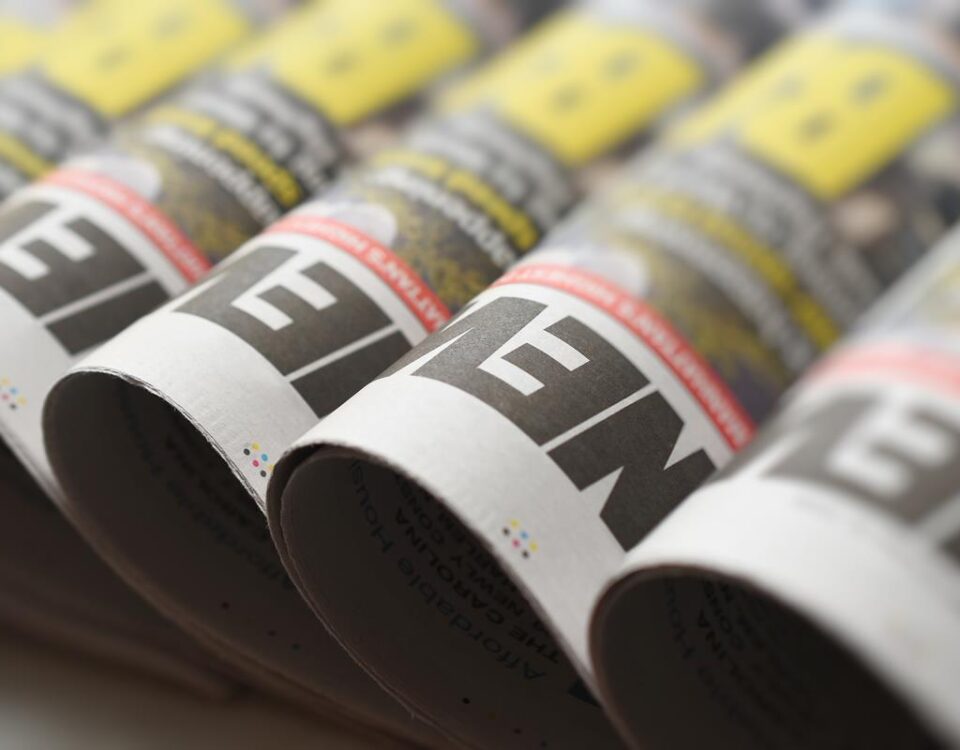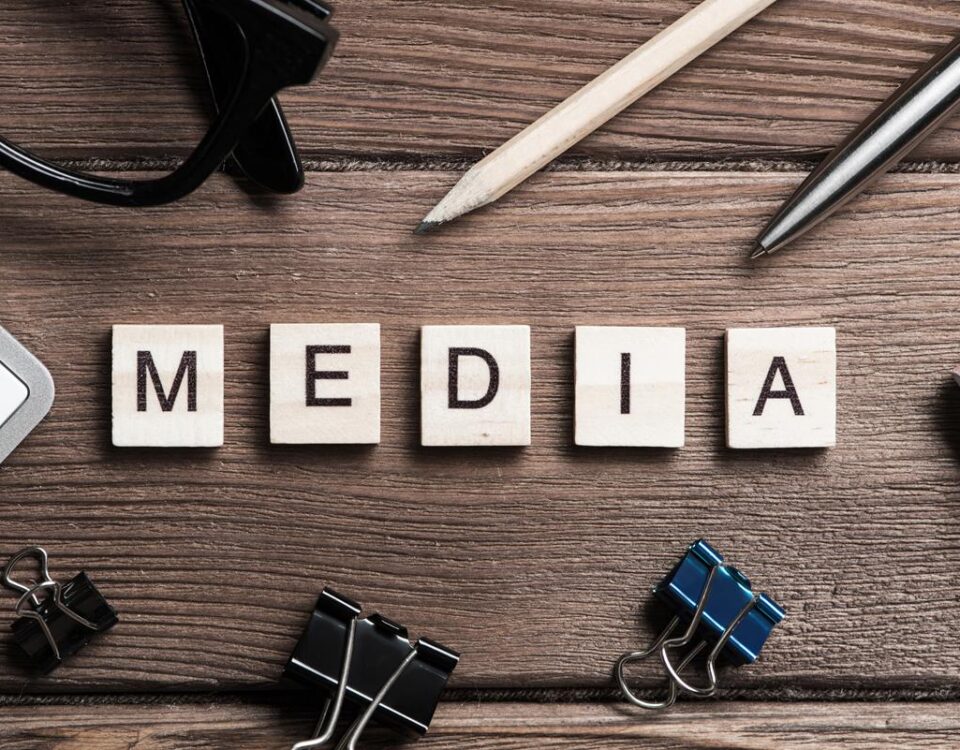
Drones: Japan’s Operation PX Example
December 14, 2024
Joe Biden’s Hidden Mental Health
December 16, 2024Bias & Decline of Meet the Press on NBC
The decline in gravitas within Meet the Press on NBC, particularly concerning its left-leaning political tilt, reflects similar trends seen in other long-standing news programs. Meet the Press, which debuted in 1947, is one of the longest-running news shows in television history and has been known for its in-depth interviews, probing questions, and focus on political accountability. However, in recent years, like other traditional media outlets, the show has shifted in tone and content, leading to concerns about its diminishing seriousness, especially as it gravitates more toward a progressive viewpoint.
Historically, Meet the Press stood out as a platform where politicians, policymakers, and world leaders were held to account, irrespective of their party affiliations. Moderators such as Tim Russert became synonymous with tough, fact-based questioning, challenging guests from both sides of the political spectrum. The show gained a reputation for hosting deep, often contentious conversations about complex policy issues, and for decades, it was a respected forum for understanding the nuances of American and international politics.
In recent years, however, there has been a noticeable shift toward a more left-leaning approach, with criticism coming from conservative circles that Meet the Press no longer provides a truly balanced platform. The show’s focus has increasingly aligned with progressive talking points, especially on issues like climate change, racial justice, and economic inequality. While these are undoubtedly important topics, the framing and the questions posed often reflect the priorities of the political left, leaving some conservative viewers feeling alienated or underrepresented. This shift contributes to the perception that Meet the Press is more of an echo chamber for liberal viewpoints rather than a neutral ground for rigorous political debate.
One clear example of this trend is the emphasis on identity politics and social justice themes. Discussions on race, gender, and LGBTQ+ issues, while vital to modern discourse, are often presented through a progressive lens, which can leave conservative perspectives on these topics marginalized. The show tends to focus on guests and commentators who reinforce these viewpoints, rather than providing an equal platform for differing ideologies to be fully explored. As a result, the gravitas of Meet the Press as a space for diverse, bipartisan dialogue has diminished.
The influence of social media and the need to cater to more niche, polarized audiences has also impacted Meet the Press. In the modern media environment, programs are increasingly pressured to create viral moments, and this can sometimes result in more performative or emotionally charged exchanges, rather than deep, intellectual engagement with policy issues. This shift toward a more sensationalist style has reduced the depth of discussion that Meet the Press was once known for, aligning it more with contemporary cable news dynamics, where ideological echo chambers dominate the discourse.
The increasing political polarization in the U.S. has played a significant role in this transformation. As partisan divides grow deeper, the pressure on mainstream news programs to appeal to their perceived base has intensified. For Meet the Press, this has meant adapting to a viewership that skews more progressive, particularly in its treatment of high-profile political issues. The rise of Donald Trump and the subsequent Trump-centric discourse has contributed to this, with the show often reflecting the broader media focus on critiques of the former president and his conservative allies. While scrutiny of political figures is essential, the sustained focus on one side of the political spectrum has contributed to the perception that the program lacks the even-handedness it once had.
Finally, the gravitas of Meet the Press has been further diminished by a cultural shift in journalism itself, where the lines between opinion and fact-based reporting have become increasingly blurred. Moderators and panelists often inject their personal biases or ideological leanings into discussions, which undermines the perception of objectivity. This blending of news and opinion makes it more difficult for viewers to trust that they are receiving an impartial analysis of the political landscape.
Meet the Press has experienced a decline in gravitas as its political slant has become more left-leaning, reflecting broader trends in the media industry. The show’s shift away from tough, bipartisan questioning and its focus on progressive narratives has alienated some of its more conservative audience and raised concerns about its ability to serve as a balanced platform for political discourse. For Meet the Press to regain its former seriousness, it would need to refocus on providing an equitable stage for diverse viewpoints and resist the temptation to cater too heavily to one side of the political spectrum. This return to journalistic rigor and impartiality would help restore the gravitas that once made Meet the Press an essential part of the political conversation in America.
C. Rich
CRich@AmericaSpeaksInk.com

C. Rich is the voice behind America Speaks Ink, home to the America First Movement. As an author, poet, freelance ghostwriter, and blogger, C. Rich brings a “baked-in” perspective shaped by growing up on the streets and beaches of South Florida in the 1970s-1980s and brings a quintessential Generation-X point of view.
Rich’s writing journey began in 2008 with coverage of the Casey Anthony trial and has since evolved into a wide-ranging exploration of politics, culture, and the issues that define our times. Follow C. Rich’s writing odyssey here at America Speaks Ink and on Amazon with a multi-book series on Donald Trump called “Trump Era: The MAGA Files” and many other books and subjects C. Rich is known to cover.
“America Speaks Ink is a Google News approved source for Opinion”





